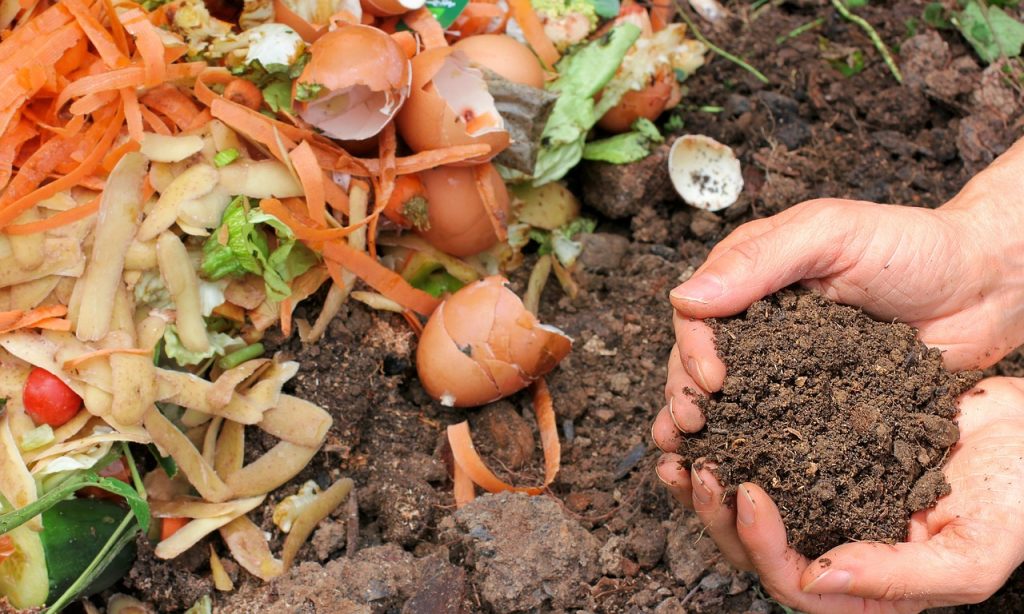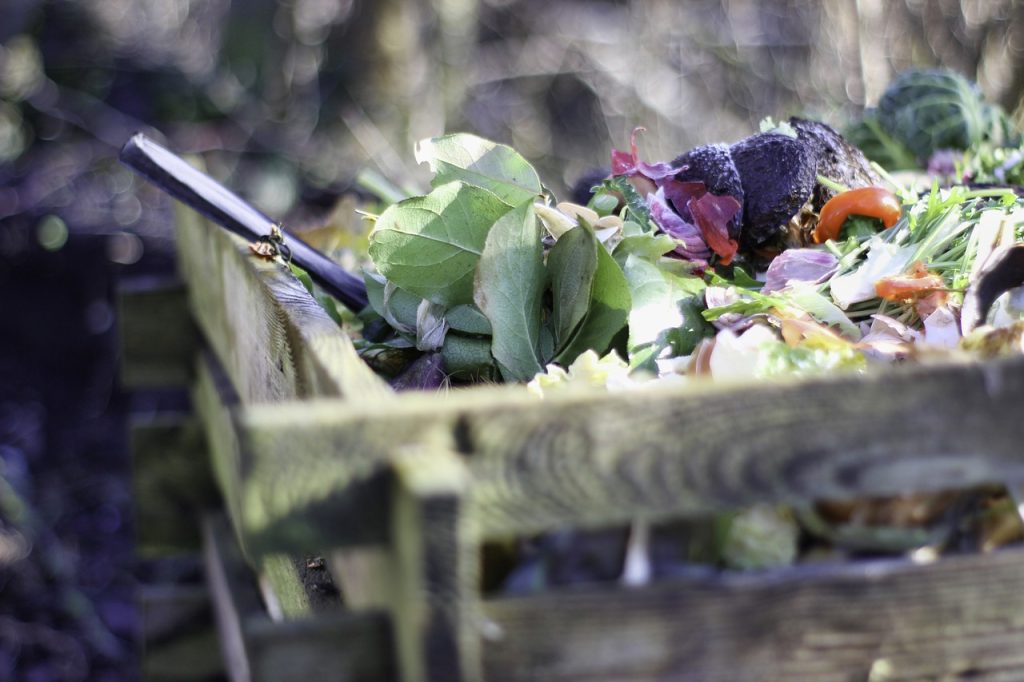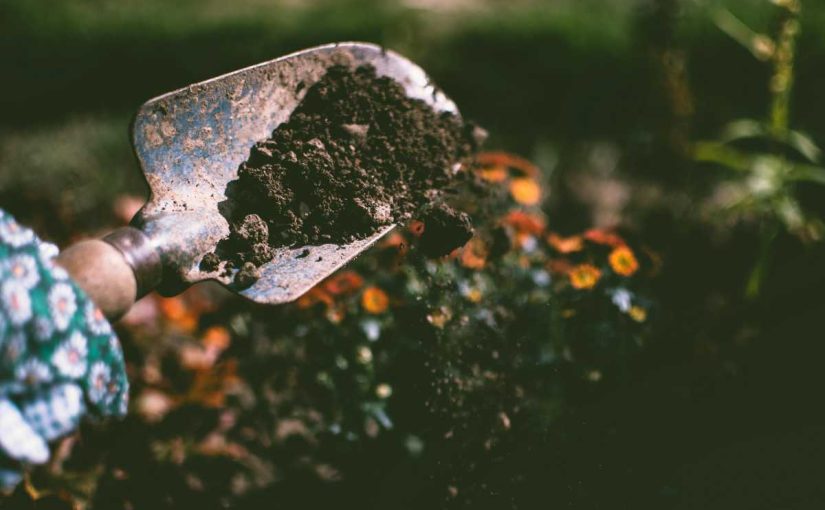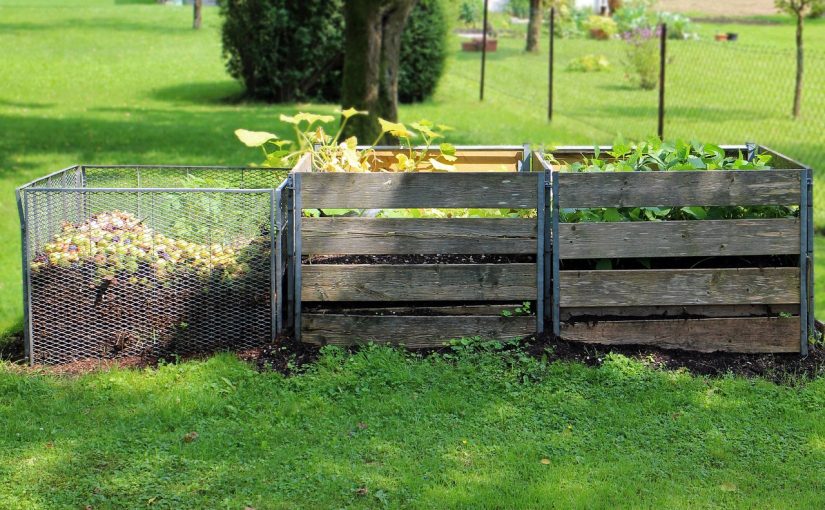Composting is often celebrated for its ability to reduce waste and create nutrient-rich soil, but it also plays a crucial role in promoting biodiversity. Biodiversity refers to the variety of life in a given area, including plants, animals, fungi, and microorganisms. By enhancing soil health and creating a thriving ecosystem, composting can have a far-reaching positive impact on local ecosystems. In this article, we’ll explore how composting boosts biodiversity and why it’s essential for the environment.
1. Improves Soil Health and Structure
Healthy, biodiverse ecosystems start with healthy soil. Composting enriches soil with essential nutrients, organic matter, and beneficial microorganisms. Here’s how this contributes to biodiversity:
- Increased Nutrient Availability: Compost is a rich source of essential nutrients like nitrogen, phosphorus, and potassium, which plants need to grow. Healthy, well-nourished plants form the foundation of a diverse ecosystem, providing food and shelter for a wide variety of organisms.
- Improved Soil Structure: Compost helps improve the structure of soil by binding particles together, creating aggregates. This results in better aeration, water retention, and drainage. Soil that is easy for plant roots to penetrate supports a diverse range of plants, which, in turn, creates habitats for other organisms.
- Enhanced Microbial Life: A key benefit of compost is its ability to foster a thriving community of beneficial microorganisms, such as bacteria, fungi, and earthworms. These microbes break down organic matter, releasing nutrients that plants need to grow. A diverse microbial community enhances the health of the soil, creating a more resilient ecosystem.
2. Encourages Plant Diversity
By enriching the soil, compost provides the foundation for plant diversity. Plants are the cornerstone of biodiversity, supporting a variety of wildlife and forming the base of food chains. Here’s how compost boosts plant diversity:
- Better Plant Growth: Plants grown in healthy, nutrient-rich compost thrive more than those in poor, depleted soil. These plants are more resilient to pests, diseases, and environmental stress, allowing for a wider variety of species to flourish in the same area.
- Support for Native Plants: Healthy compost creates conditions that support a diverse range of native plants. Native plants are essential for local wildlife, as they provide food and shelter for native animals. Composting helps restore habitats and promotes the growth of native plant species, which are often at risk of being displaced by invasive species.
- Encouraging Pollinators: Diverse plant life attracts pollinators such as bees, butterflies, and birds. These pollinators are crucial for maintaining biodiversity in both garden and natural ecosystems. Composting supports the growth of flowering plants that provide food sources for these important insects.
3. Supports Wildlife and Beneficial Insects
A thriving compost pile is not just a collection of decomposing organic matter; it’s also a habitat for a variety of organisms. From microorganisms to larger creatures, compost piles provide a safe haven for biodiversity:
- Beneficial Insects: Compost piles attract beneficial insects such as ladybugs, spiders, and beetles, which help keep harmful pests in check. These insects are part of a natural pest control system, reducing the need for chemical pesticides that harm biodiversity.
- Earthworms and Other Soil Creatures: Earthworms, fungi, and other organisms in the compost pile break down organic material, turning it into rich, fertile soil. These creatures help aerate the soil, increase water retention, and improve nutrient cycling, creating a healthy environment for plants and other species.
- Wildlife Habitat: Compost piles can also serve as a habitat for larger wildlife, including small mammals and birds. The organic matter provides food and shelter, and the moisture content of compost helps support diverse species in arid environments.

4. Enhances Pest and Disease Resistance
By improving soil health and plant vigor, composting indirectly contributes to biodiversity by reducing the need for pesticides and herbicides, which can harm non-target organisms. Healthier plants, supported by nutrient-rich compost, are more resilient to pests and diseases, creating an environment where a broader range of species can thrive.
- Natural Pest Control: Composting encourages natural predators like predatory beetles, ladybugs, and spiders to establish themselves in the garden. These beneficial insects help control pest populations without the need for harmful chemical treatments, preserving biodiversity.
- Reduced Chemical Use: When you rely on composting to nourish plants instead of synthetic fertilizers, you reduce the risk of polluting nearby ecosystems with harmful chemicals. This is especially important in preserving the health of water systems and protecting aquatic life from fertilizer runoff.
5. Restores and Protects Ecosystems
Composting can be an essential tool in restoring and protecting ecosystems, particularly in areas affected by soil degradation, erosion, or pollution. Here’s how:
- Soil Restoration: Composting helps restore depleted soils by adding organic matter, increasing soil fertility, and enhancing soil structure. This is especially important in areas that have been over-farmed, eroded, or contaminated, as composting can regenerate the land and create a more favorable environment for a wide range of plants and animals.
- Erosion Control: Compost can be used to prevent soil erosion by improving soil structure and water retention. By adding compost to bare or degraded land, you can help stabilize the soil, preventing the loss of topsoil and the destruction of habitats for plant and animal species.
- Carbon Sequestration: Composting helps mitigate climate change by storing carbon in the soil. Healthy soil rich in organic matter acts as a carbon sink, capturing carbon dioxide from the atmosphere and storing it in the form of soil organic carbon. This process contributes to biodiversity by fostering more stable and resilient ecosystems.
6. Promotes a Sustainable, Circular Economy
Composting is part of a broader movement toward sustainability and waste reduction. By composting organic waste, you reduce landfill waste, prevent methane emissions, and return valuable nutrients to the soil. This approach creates a circular system that benefits biodiversity by closing the loop on organic waste and ensuring that nutrients are recycled back into the ecosystem.
- Waste Reduction: Composting reduces the amount of organic waste sent to landfills, preventing the generation of methane, a potent greenhouse gas. By composting, we contribute to a healthier environment and promote a more sustainable and biodiverse world.
Conclusion
Composting is more than just a way to recycle organic waste—it’s a powerful tool for boosting biodiversity. From improving soil health and promoting plant diversity to providing a habitat for wildlife and beneficial insects, composting creates a thriving, resilient ecosystem. By fostering healthy soils, enhancing pest resistance, and supporting native plant and animal life, composting plays an essential role in preserving and enhancing biodiversity. By composting, you’re not just enriching your garden; you’re contributing to the health of the planet and the many species that rely on healthy, thriving ecosystems.




